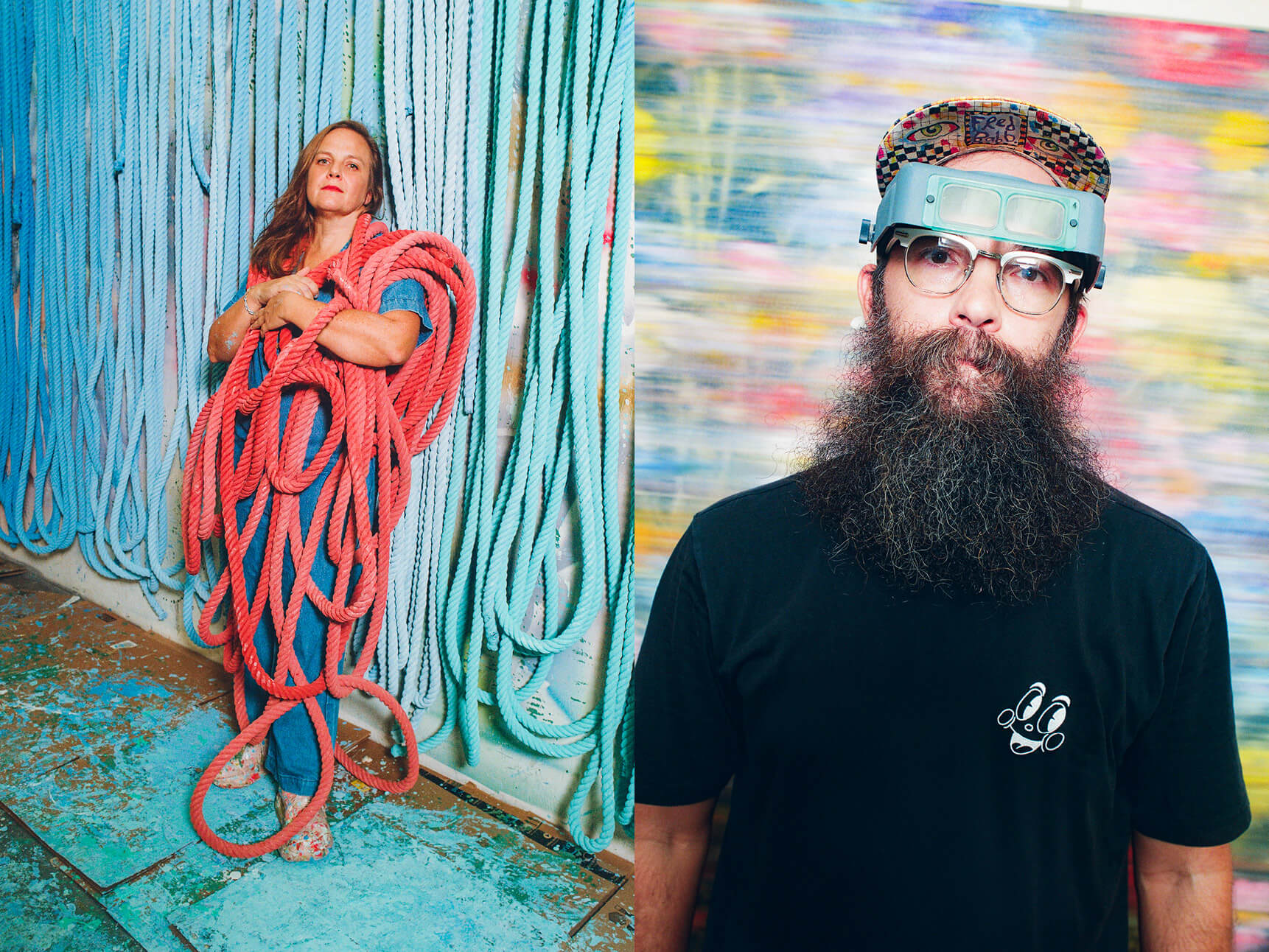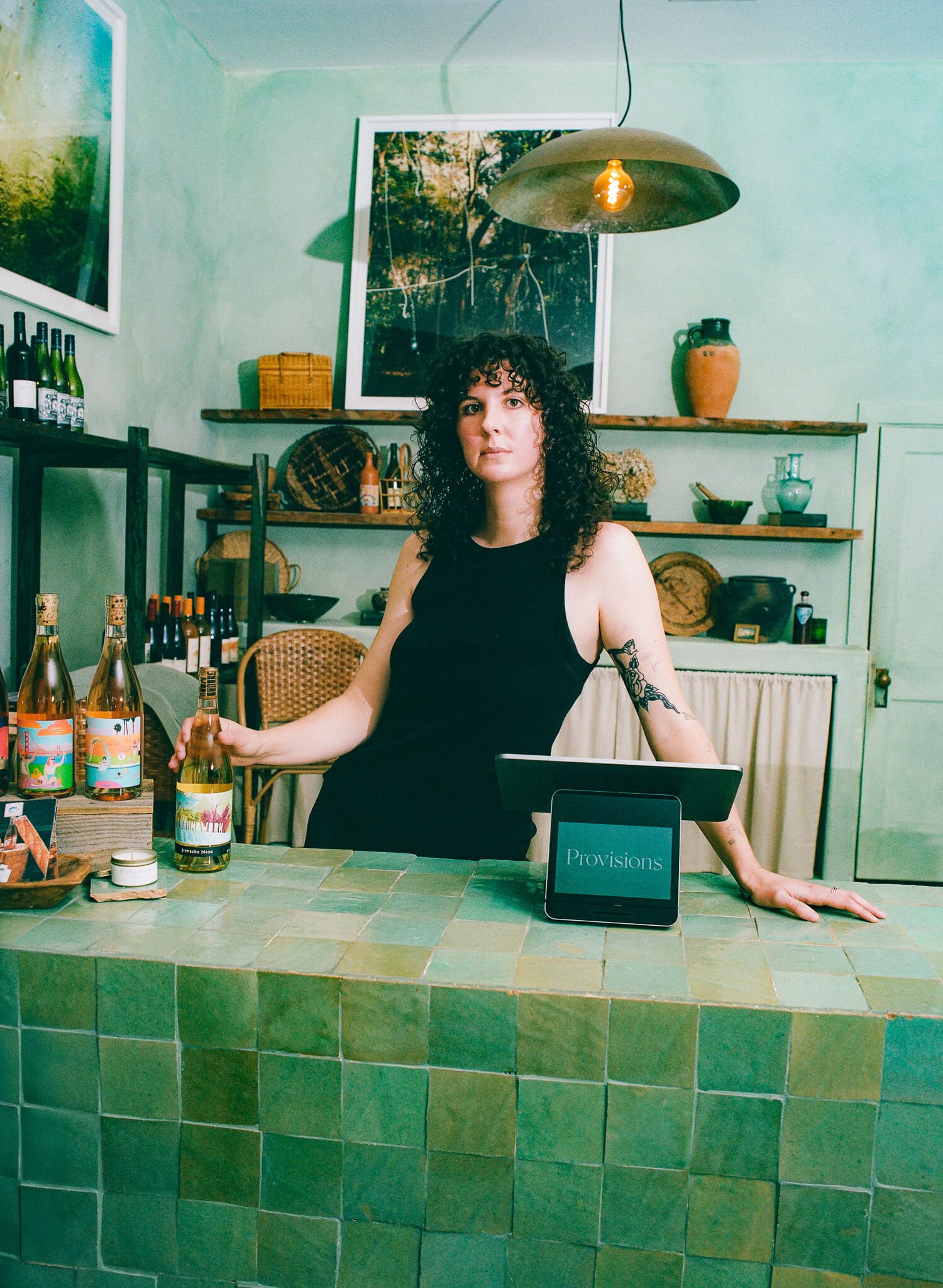
For many people, the word “mentee” conjures a specific image: that of a young professional, fresh from college or still shiny with the recency of it. They’re brimming with ambition and hungry for guidance.
This person’s “mentor,” by comparison, is presumed to be older and wiser. They know how to dress for a big meeting, negotiate contracts and balance everything else on their plate. In short: they’ve got it all figured out, and they’re passing that wisdom on to the eager mentee.
But for many workers, this idealized image of the mentor-mentee relationship isn’t so realistic. Careers aren’t the straight lines we expect them to be; and many people need mentors at different stages and ages of our lives, often well beyond those early years in the working world.
“Our cultural perception of mentoring is that it’s something you get when you’re young, and then by the time you’re in your 40s you should know what you’re doing,” said Veronica Fruiht, associate professor of psychology at Dominican University of California. It’s at that stage of life when society expects someone to transition from mentee to mentor, officially waving goodbye to the learning and growing steps as they’re no longer necessary — but as Fruiht points out, “I don’t think that’s the case at all.”
The benefits of mentorship are well-documented, according to research. Mentees say their relationship with their mentor deepens their commitment to the work they do, and they are more likely to be promoted within an organization as a result. But all too often, Prof. Fruiht said, workers and companies both discount the need for mentorship programs at later career stages.
“Mentors can be really useful at any life stage,” she said. “As we become a society in which people don’t stay in one job, mentorship can help us during those career pivots and career changes. Someone can normalize your experience and say, ‘Yeah, this is a hard thing, and here are some things I did that helped and here are some challenges I faced.’”
By the time Suzanne Forte turned 40, she’d checked off many of the professional goals that once felt so far-off to her younger self. But as public relations director at the top of her field, she said she’d reached a point in her work where she needed to hear from other women leaders, specifically those who could speak to her particular experience as a Black woman in communications.
“As you grow, it’s really important for you to define your voice,” she said. “That is why I sought out a mentor: I felt like I was hitting these roadblocks and I just couldn’t ask these specific questions. I am hyperaware of what I want to do and where I want to be, but…how do I get there?”
In the course of her 20 years in the public relations business, Forte’s industry had changed a lot — and so had Forte’s goals and ambitions. She wanted to learn from other women balancing parenthood responsibilities with career pressures, and after years working behind the scenes, she wanted to define her voice as a leader.
But finding these later-in-career mentors isn’t easy. Eliana Goldstein, certified professional career coach and founder of Eliana Goldstein Coaching in New York, first recommends looking for mentorship potential in the people you most admire. The person with the office you envy or the LinkedIn résumé of your dreams — reach out to them and strike up a conversation about how they got to where you want to be.
"Careers aren’t the straight lines we expect them to be; and many people need mentors at different stages and ages of our lives, often well beyond those early years in the working world."
“When you’re mid-career, you have exposure, but you’re just getting the hang of it,” she said. “Someone who’s had the hard conversations can share with you how they managed them.”
Professional associations, clubs or industry conferences can also help connect would-be mentors with later-career mentees. Forte eventually found two mentors with the Diversity Action Alliance, a coalition for communications professionals. The conversations helped her talk through solutions to specific professional obstacles, but Forte said she appreciated the confidence boost most of all.
“Being able to address these concerns to women who are also mothers and who are walking in spaces I want to be in — doing the soccer practice and the baseball practice but also leading incredible teams with million-dollar budgets and moving the business forward — it gave me confirmation it could be done but it also gave me comfort,” she said.
But one conversation may not feel like enough, Goldstein said, just as those early mentorship experiences may not apply to mid-career or late-career challenges. One mentor might not have all the answers or experience to help with any given issue, Goldstein said. She encourages people to expand their idea of mentorship and seek mentors and peers who can speak to a myriad of different work experiences.
“In the course of your career, your definition of success is going to change,” Goldstein promises. “Later, maybe your focus is on parenthood and work-life balance, so then mentorship needs to change. We’re not always going to be the same people.”
CREDITS
Julia Carpenter is a writer and reporter based in Brooklyn, New York. With a focus on money, tech, and culture, she contributes to The Wall Street Journal, Esquire, among others, and writes A Woman to Know, a newsletter on Substack.







